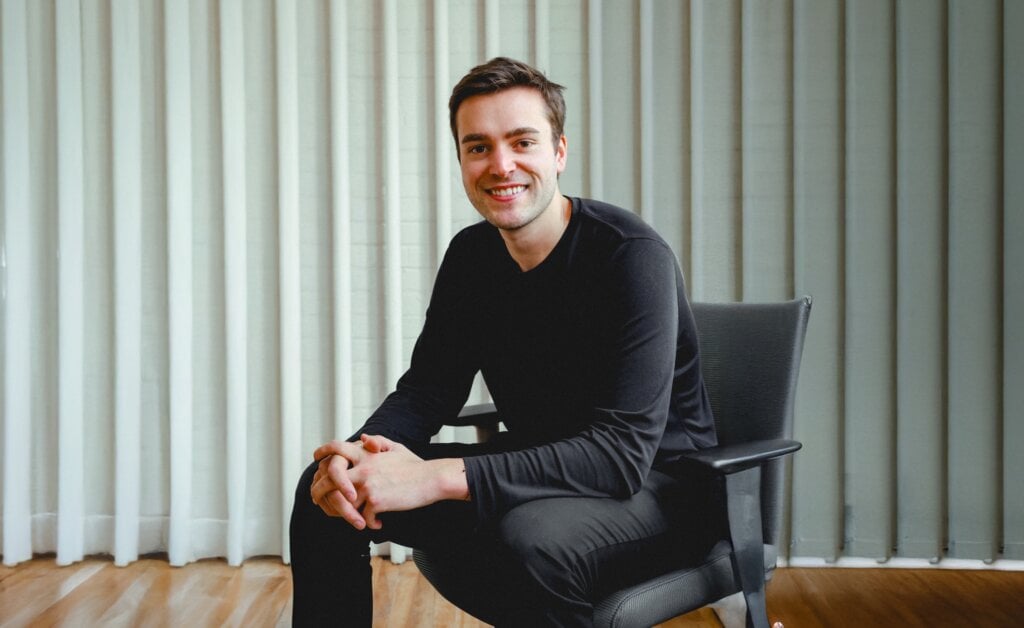A down payment is a big step for home buyers, but definitely not the only one.
As a realtor in the Halifax market, Sandra Pike estimates less than half of buyers she sees are actually ready to buy a home. Many have some of the pieces in place, but not the full suite.
“A lot of them say, ‘Okay, I’ve made a decision’ and take a look at houses,” said Pike, from The Pike Group at Royal LePage Atlantic. “And people want to write offers and then go get their financing in place. But as a first-time home buyer, if you write [an offer] on one of my listings, I am asking for your letter of approval. And if I don’t have it, I don’t want to look at your offer. I don’t want to put my own sellers in conditional purgatory, waiting for you to get your financing together.”
You’re 2 minutes away from getting the best mortgage rates.
Answer a few quick questions to get a personalized quote, whether you’re buying, renewing or refinancing.
Prepare for the full cost of home ownership
In addition to having a down payment, Pike explained, buyers should be working with an experienced mortgage broker who can help them with debt service ratios, and determine what they can actually afford. They should have a pre-approval (not just a pre-qualification), a great credit score and a budget for everything else: closing costs, inspections, moving, insurance and furniture.
“We had someone the other day who wanted to purchase,” Pike said. “She had $250,000 in cash but really bad credit.” This prospective buyer was unable to obtain financing.
Before the search for a new home, buyers should have some stability in their careers and the readiness to accept a major new responsibility, said Robert Saunders, CEO of Ownright, a service that helps home buyers with the legal and logistical side of closing on a property.
 Photo of Robert Saunders, CEO of Ownright from HO / The Canadian Press
Photo of Robert Saunders, CEO of Ownright from HO / The Canadian Press
“My advice would be to make sure you’re looking at the full cost of ownership,” he said, adding that a lot of people aren’t focused on things like closing fees and property maintenance costs.
“Home ownership is a big lifestyle shift, for some of those reasons, and also just the responsibility of having to carry a mortgage.”
Understand all the fees before buying a condo
Condo buyers should have a professional legal review of the status certificate, which details financial and legal information about the unit and condo corporation, Saunders pointed out. First-time buyers don’t anticipate some of the information in these certificates and what that means for their future costs.
“That can actually show you the historical trend of changes to maintenance fees, any issues in the building that might cause changes to your common expenses, and things like that,” Saunders said.
“We work a lot with that younger demographic buying condos, that’s one of the biggest things we see during the transaction process. People are surprised about these fees that they didn’t really fully understand before taking ownership of their property.”
Getting ready to buy means a lot of research and online calculators, he added—legal fees, mortgage insurance for buyers who don’t have a 20% minimum down payment, and land transfer taxes, from which some first-timers and provinces are exempt.
Compare the best FHSA rates in Canada
Factor in the cost of home repairs
Buyers also need to be prepared for a lifestyle change if they are pursuing cheaper property, Pike said, especially if they are moving from urban to rural.
During the pandemic, she saw buyers fleeing Ontario and British Columbia, snapping up less expensive, rural properties in Nova Scotia. It did not go well for everyone, she said. Driving to a store or gym or doctor could take an hour.
“It’s not just buying a house and, you know, looking at the ocean,” Pike said. “Or buying something that’s inexpensive. There are a lot of things that come with it, if you’re buying rural.”
Another thing that surprises buyers: a lot of homes need work. Unless you are fortunate enough to be in the high-end market, it’s possible many listings within your price range could need tens of thousands in repairs, Pike said. Many buyers are not prepared for those costs, she added.
Plan to stay put for a while
Lastly, first-time home buyers should plan to stay in place for a minimum of three years, but ideally five or more, Pike said. If having children is in the future, wait to get a home with the extra bedroom; don’t assume you can just upgrade in two years.
Adding up the equity you’ve gained and potential price increases, but subtracting the costs of the transaction and realtor commissions, it’s still three to five years to come out ahead, Pike said.
The pandemic saw major price increases, she noted, but generally, most should plan to build equity over several years before selling and buying again.
With everything else in place, buyers are ready if they are willing to ask for help from their team of professionals: broker, realtor and lawyer.
“You’re not afraid to ask questions or say ‘I don’t understand this,’” Pike said. “Because this is a big deal.”
Get free MoneySense financial tips, news & advice in your inbox.
Read more about real estate:
The complete guide for first-time home buyers in Canada How much income do you need to buy a home in Canada? A look at home affordability What to do if your pre-construction condo has dropped in value The best 5-year fixed mortgage rates in Canada Rental income and taxes: What’s new for Canadian property owners in 2025The post Buying your first home? Here’s how to get ready to make offer appeared first on MoneySense.







.jpg.webp?itok=1zl_MpKg)





 Bengali (Bangladesh) ·
Bengali (Bangladesh) ·  English (United States) ·
English (United States) ·